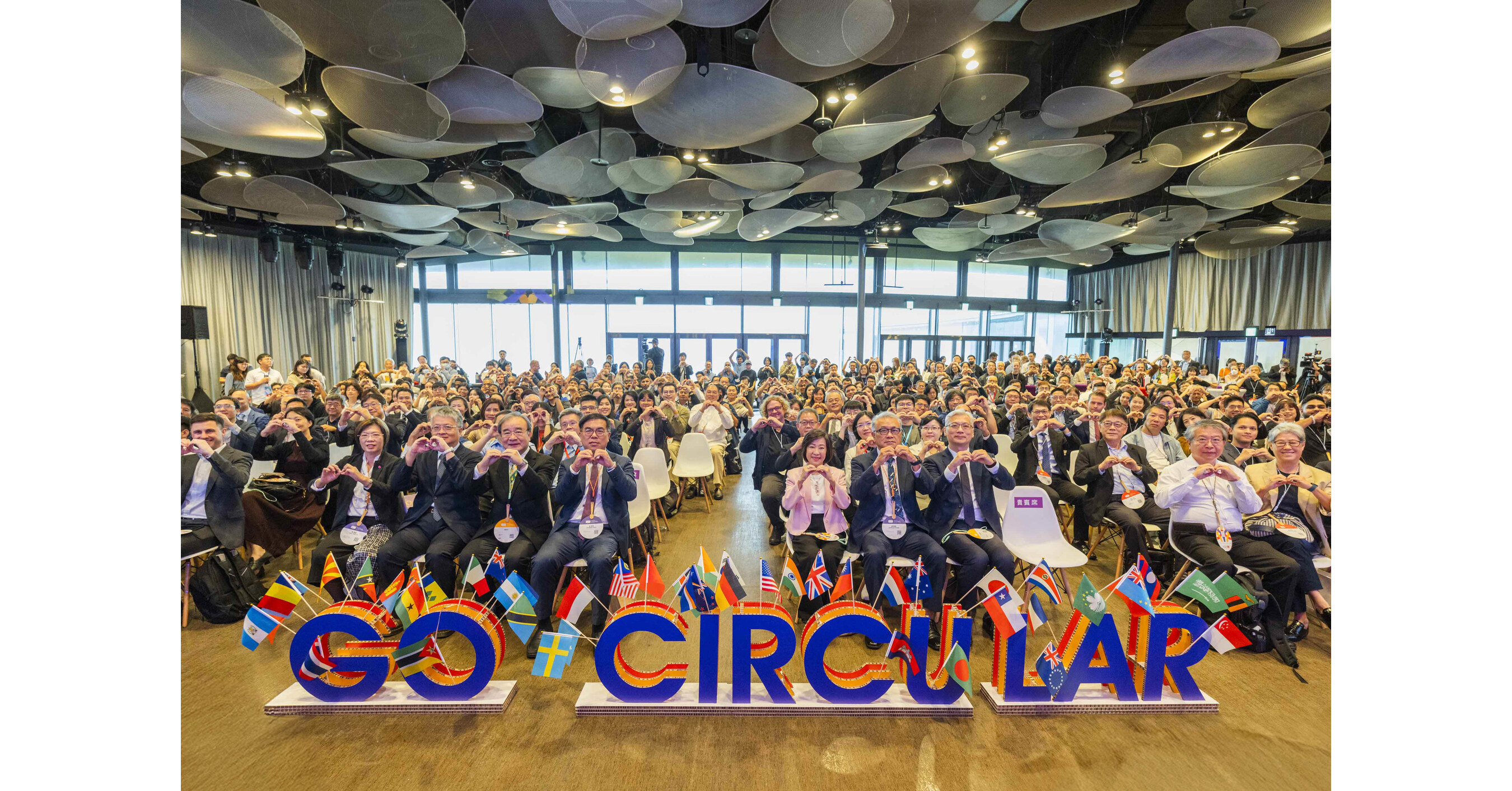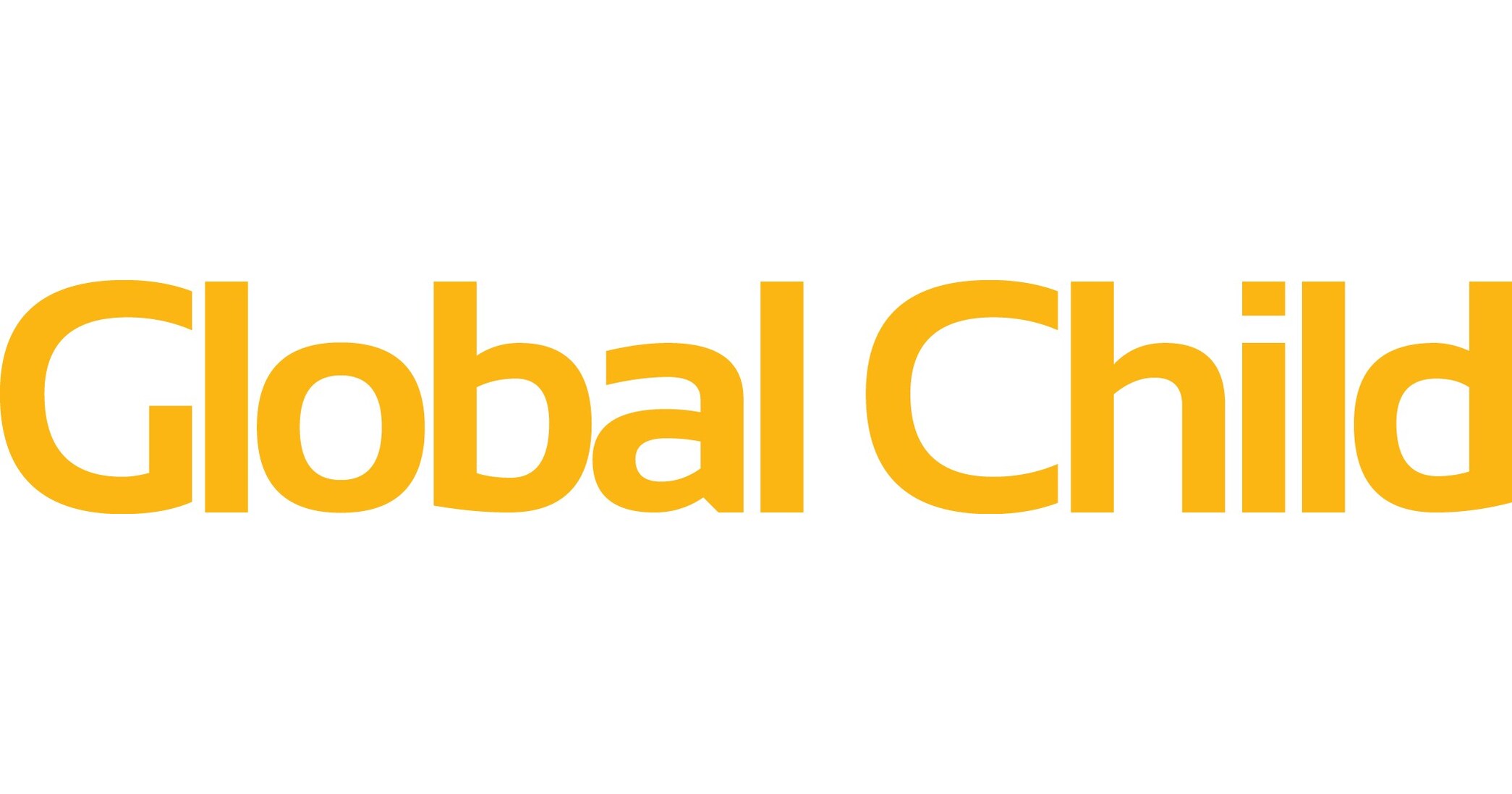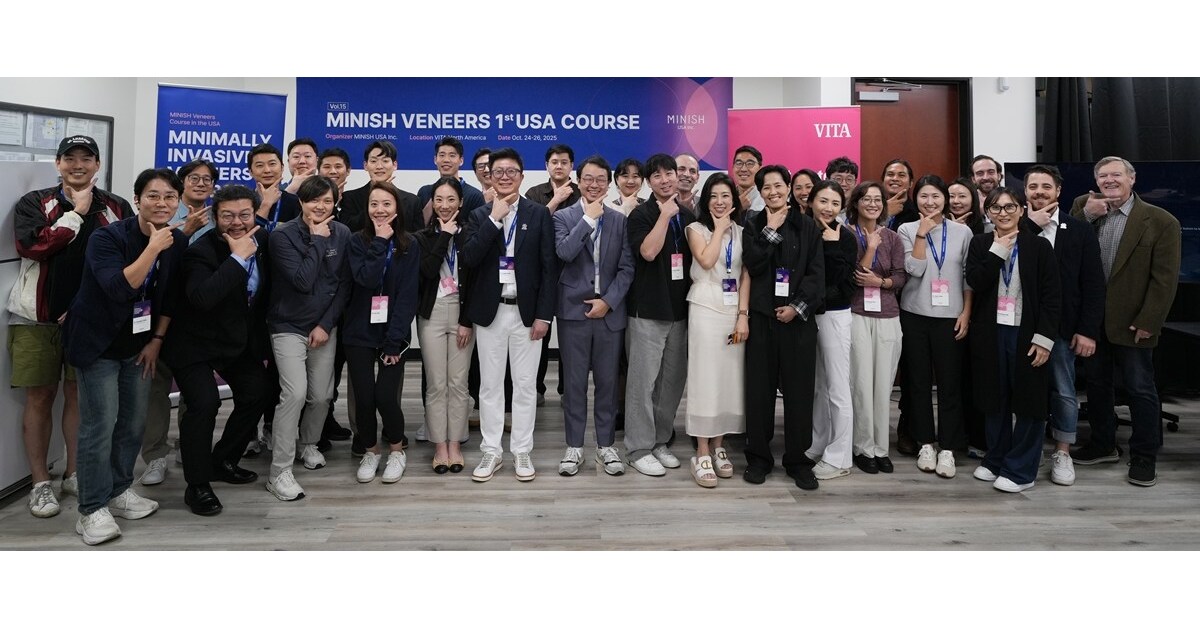GOTHENBURG, Sweden, Oct. 27, 2025 /PRNewswire/ — I-Tech is a Swedish biotech company and developer of the innovative marine anti-fouling ingredient, Selektope®, whose active substance is medetomidine. I-Tech is calling on the European Commission to urgently review the EU’s renewal and risk assessment processes for medetomidine, arguing that the process is fundamentally flawed and based on misleading science.
These flaws could lead to regulatory outcomes that will stifle EU innovation, compromise the global competitiveness of EU shipyards and marine coating manufacturers, as well as directly threaten EU climate and sustainability goals. The urgency of this issue was recently highlighted in an exclusive exposé in the Financial Times, further underscoring the need for immediate regulatory correction.
I-Tech urges the European Commission to undertake a rigorous, performance-based, and stakeholder-informed re-assessment that fully accounts for Selektope’s® unique, low-impact benefits. The future of sustainable, competitive European shipping depends on science-based regulatory decisions.
Flawed science and misclassification
The flaws in the Biocidal Products Regulation (BPR) renewal and product approval processes stem from a series of regulatory missteps that misrepresent the unique, non-lethal mode of action of Selektope®, which deters barnacle larvae from settling on ship hulls by temporarily stimulating their swimming behaviour.
The initial flaw was the identification of medetomidine as an endocrine disruptor (ED), a hazard-based designation that stems from data on its use in pharmaceuticals, a context entirely unrelated to its use in marine coatings. This initial misstep became more serious when the availability of alternatives was significantly overstated, and the proven sustainability benefits of Selektope® in reducing fuel consumption were overlooked.
Speaking today, I-Tech CEO, Markus Jönsson, said: “There is an urgent need to review and revise the regulatory assessment for medetomidine. Robust scientific evaluation of alternative substances or technologies and greater consideration of socioeconomic factors must be incorporated to ensure alignment with the EU’s broader goals and ambitions. Failing to act now will further undermine the EU’s global competitiveness and make its climate and innovation targets even harder to achieve.”
Compromised Analysis of Alternatives (AoA)
A severely compromised Analysis of Alternatives (AoA) is being used to justify blocking the re-approval of Selektope.
Non-Equivalent Alternatives: The AoA concluded that several biocidal substances that cannot be used to control barnacle fouling, Selektope’s specific function, are suitable alternatives. This is a clear error that overstates the very limited range of active substances that are effective against barnacle fouling.
Impractical Alternatives: The analysis further concludes that non-biocidal anti-fouling technologies, that are not commercially viable or widely adopted, are suitable alternatives. Stakeholder interviews, conducted for an independent socioeconomic analysis that supports the renewal of medetomidine, confirm the market is not ready to rely on non-biocidal alternatives because they require significant retrofitting, high upfront costs, or are only effective under specific operational conditions.
An essential tool for climate goals
Selektope® is a next-generation active substance that allows for ultra-low biocidal loadings (with 2-4 grams per liter of antifouling paint), a fraction of the concentration of biocides found in conventional copper-based systems (with up to 900 grams per liter of paint). This non-lethal approach to target barnacle fouling reduces biocidal load and prevents the development of resistance.
Selektope®-enabled coatings directly align with both EU and the United Nation’s International Maritime Organization goals to reduce greenhouse gas emissions. Effective anti-fouling coating systems are estimated to save the shipping industry over 100 million tons of carbon dioxide emissions annually by significantly reducing ship drag and fuel consumption.
Undermining EU competitiveness
The European Commission’s regulatory failures, alongside EU Member State product approval bottlenecks, have prevented Selektope®-based products from reaching the EU market despite its full approval under the EU BPR since 2016. Meanwhile, Asian markets such as South Korea, Japan, and China have embraced the opportunity, giving their shipyards a competitive edge in applying state-of-the-art fuel saving systems.
A flawed regulatory outcome would disproportionally impact the EU shipping industry and eventually prevent EU shipyards from maintaining and recoating vessels that use Selektope anti-fouling systems. Instead of a substance-by-substance approach to active substance renewal assessments, some EU member states have proposed that a scientific re-evaluation of the remaining biocidal toolbox “in one go” would be more appropriate, as well as securing much greater involvement of all stakeholders.
About I-Tech AB
I-Tech is a biotechnology company that has developed the antifouling technology Selektope®, an active substance that prevents barnacle attachment on submerged surfaces such as ships and boat hulls. By increasing the anti-barnacle performance in marine paint systems (e.g. antifouling coatings), fuel and maintenance costs are reduced ang vessel energy efficiency improved. I-Tech has obtained the necessary regulatory approvals for Selektope® and has several of the world’s largest manufacturers of marine antifouling coatings as customers.







